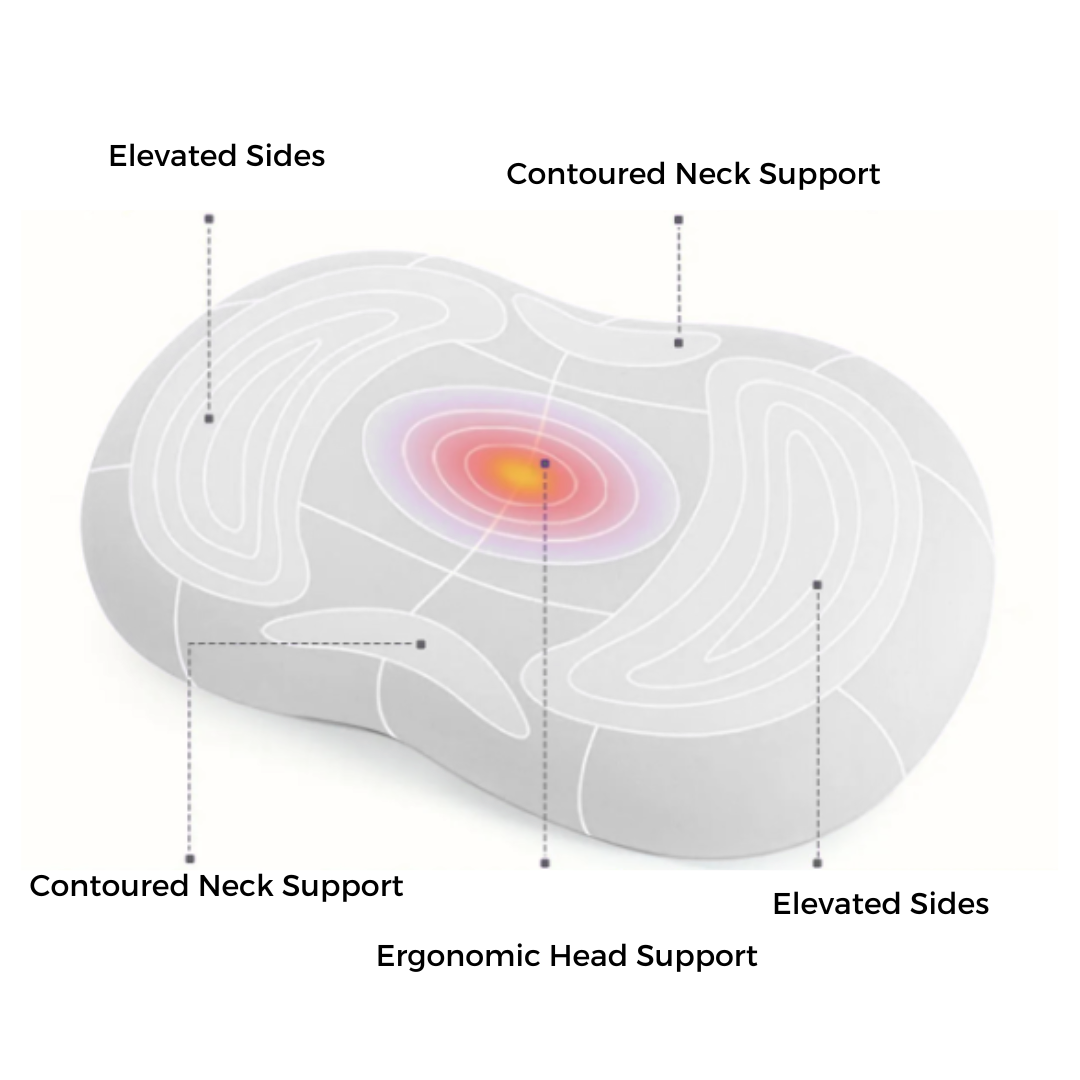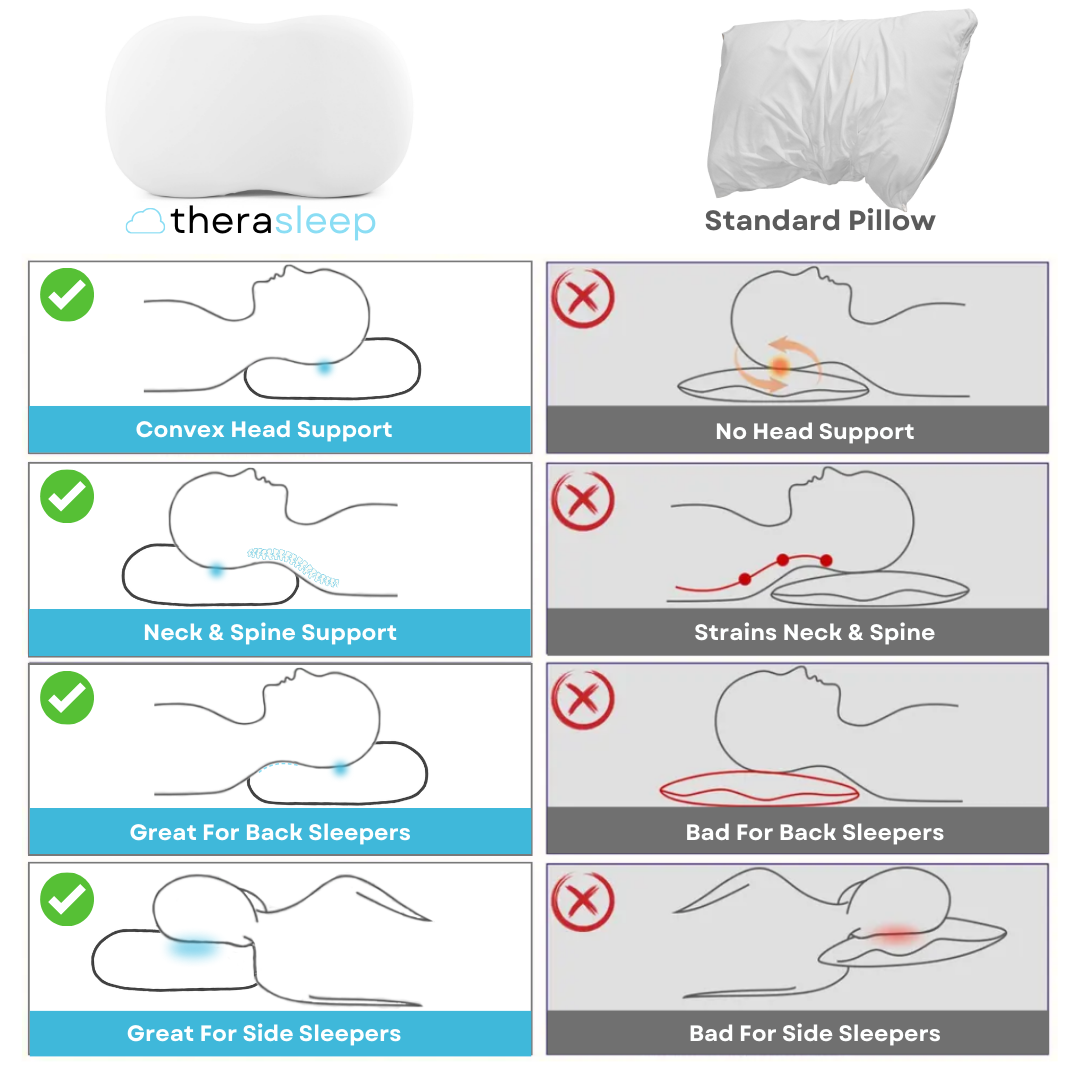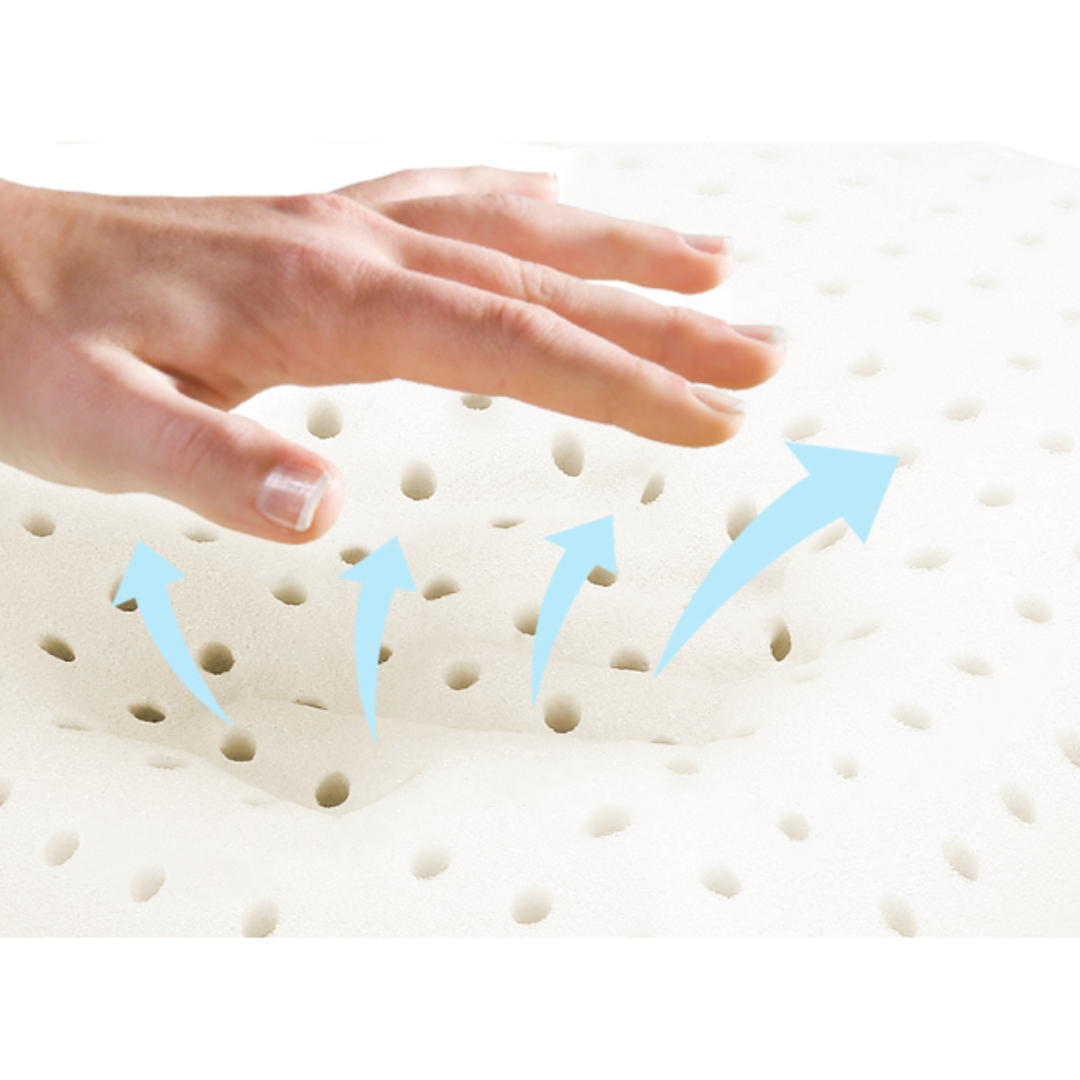Intro
Getting a good night's sleep is essential for maintaining overall health and wellbeing. While there are many factors that can influence sleep health, sleep posture plays an important role in optimizing rest. Poor sleep posture can lead to aches and pains, uncomfortable sleep, and even further health complications. To help ensure you get the best night's sleep possible, here is Sleeping Posture 101: Tips for Optimal Sleep Health. Learn five key tips for improving your sleep posture and achieving optimal sleep health.
Why Sleeping Posture is Important for Your Health
Your sleeping posture can have a significant impact on your overall health and well-being. Poor sleeping posture can cause trouble sleeping, neck pain, and back pain, while optimal sleeping posture can help you achieve deep, restful sleep. Investing in an orthopedic pillow can also provide the necessary neck support and promote ergonomic sleep, reducing the risk of sleep pain and improving your overall sleep quality. By prioritizing healthy sleeping posture, you can wake up feeling refreshed and ready to take on the day.
Common Sleeping Positions and Their Pros and Cons
There are several common sleeping positions, each with their own pros and cons. The most common positions include sleeping on your back, your side, or your stomach. Sleeping on your back is often recommended as it helps maintain proper alignment of the spine, reducing the risk of neck and back pain. However, it can also contribute to snoring and sleep apnea. Sleeping on your side is beneficial for those with sleep apnea or acid reflux, but it can lead to shoulder and hip pain. Sleeping on your stomach may help alleviate snoring, but it can strain the neck and lead to lower back pain. To enhance the benefits of these sleeping positions, consider using an orthopedic or ergonomic pillow for additional support and comfort, promoting deep sleep.
Tips for Finding the Best Sleeping Position for You
Finding the best sleeping position for you can greatly improve your sleep quality and overall health. Experiment with different positions, such as sleeping on your back, side, or stomach, to see which one feels most comfortable and supportive for your body. If you are having back/neck pain, avoid stomach sleeping and try sleeping on your back or side. Pay attention to any discomfort or pain you experience in each position, and make adjustments as needed to find the position that allows you to wake up feeling refreshed and pain-free.
Do Some Light Stretching Before Sleep
Doing some light stretching before sleep can help relax your muscles and prepare your body for rest. Incorporating gentle stretches into your bedtime routine can alleviate tension and promote better sleep posture. Focus on stretching the major muscle groups, such as your neck, shoulders, back, and legs. Remember to listen to your body and only stretch to a comfortable level. By making light stretching a regular part of your bedtime routine, you can improve your sleep quality and wake up feeling more refreshed with less pain
The Importance of Investing in a Quality Mattress and Pillow
In addition to everything mentioned above, it's equally important to invest in a quality mattress and pillow to support your body during sleep. An orthopedic pillow, for example, can help align your neck and spine while reducing pressure on your joints. A good mattress can also provide adequate support and help prevent pain and discomfort. While it may require a bit of investment, a quality mattress and pillow can make a big difference in your sleep health.















